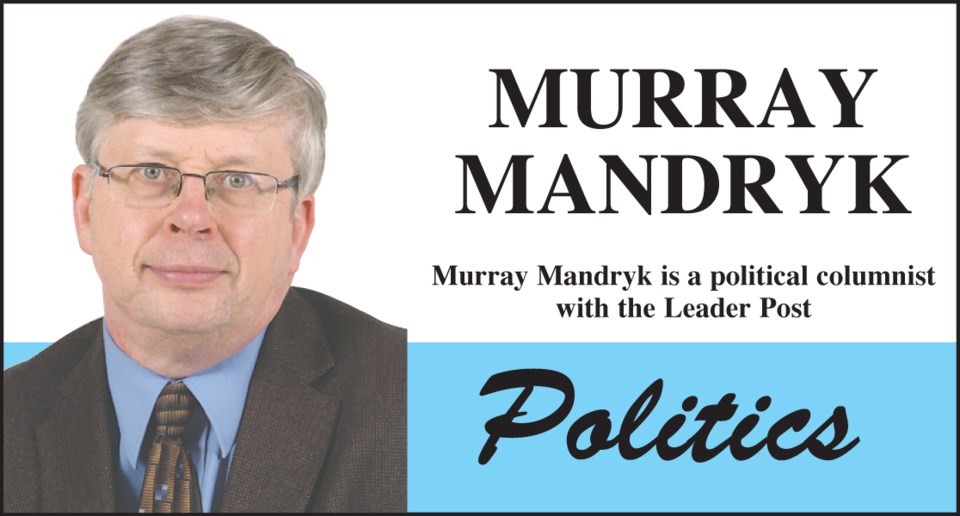Can you imagine the federal Liberals emerging from this fall’s national election with more seats in Saskatchewan than they already have?
Admittedly, it takes a fair bit of imagination. And it will take more than a little luck on the Liberals’ part. But it is possible … even though it’s likely a difficult to see from the vantage of rural Saskatchewan.
If you live anywhere in this province, you have had a pretty steady diet of frustrations with the federal Liberal government.
It started long-before the boisterous opposition from Premier Scott Moe and federal Opposition leader Andrew Scheer to the carbon tax imposed on April 1.
And it certainly won’t end until the federal ballots are in box this October.
One gets that there are elements of this debate driven by politics — the notion that no one likes paying more taxes for anything.
But what we can’t forget that we are a resource-based economy, dependent on oil, gas, mining and, of course, agriculture. All of these things are large-scale greenhouse gas emitters. Our electrical needs are currently powered by burning coal.
For however much politics there has been in the opposition to the carbon tax, there is no doubt that it does disproportionally hammer a large GHG emitter like Saskatchewan.
Add in other problems like the inability to sell canola into China — arguably, a problem not of Prime Minister Justin Trudeau’s government, but one that the Liberals are struggling to solve — and there’s more reason not to vote Liberal than there was four years ago.
And let us remember that Saskatchewan voters weren’t exactly eager to vote Liberal in 2015. Ralph Goodale in Regina Wascana was the Liberals only success.
Given the anger over both Trudeau and his government policies that we now see, there is no guarantee that even Goodale is safe this time.
But that Goodale has held on to a Saskatchewan seat nearly for three decades now reminds us that Saskatchewan voters are never completely uniform in their views.
And not all Saskatchewan voters share the same level of disdain for the current federal administration.
This is something that Trudeau and his strategists obviously recognized prior to the Prime Minister’s trip to Saskatchewan late last month to exonerate the Cree leader Chief Poundmaker.
It wasn’t so much this ceremony in which Trudeau declared: “The Government of Canada recognizes that Chief Poundmaker was not a criminal, but someone who worked tirelessly to ensure the survival of his people.”
This did seem to be about righting a historical wrong.
Moreover, this is the Battlefords-Lloydminster federal riding that has been conservative for 30 years.
But after Trudeau left the Poundmaker ceremony, he headed to the spring assembly of the Federation of Sovereign Indigenous Nations (FSIN) at the Flying Dust First Nation north of Meadow Lake. Then it was off to a Liberal fundraiser in Meadow Lake for star Desnethe-Missinippi-Churchill River candidate Tammy Cook-Searson.
Clearly, Trudeau and the Liberals have identified a political opportunity in Saskatchewan that others might have overlooked.
Of course, there’s still the problem of Trudeau’s relationship with First Nations people that has been scarred by unfulfilled promises and the whole Jody Wilson-Raybould affair.
And it won’t make all that much difference to Saskatchewan’s representation in Ottawa that will still be dominated by a heavy Conservative presence.
But in what could be a very close election in which every seat may count, one can’t overlook a seat like Desnethe-Missinippi-Churchill River.
Nor should we forget that there still is a diversity of views in this province — even when what you mostly hear sounds like unanimity.
As we found out in 2015 when Trudeau came from third place to win, elections can be unpredictable affairs.
Murray Mandryk has been covering provincial politics for over 22 years.



